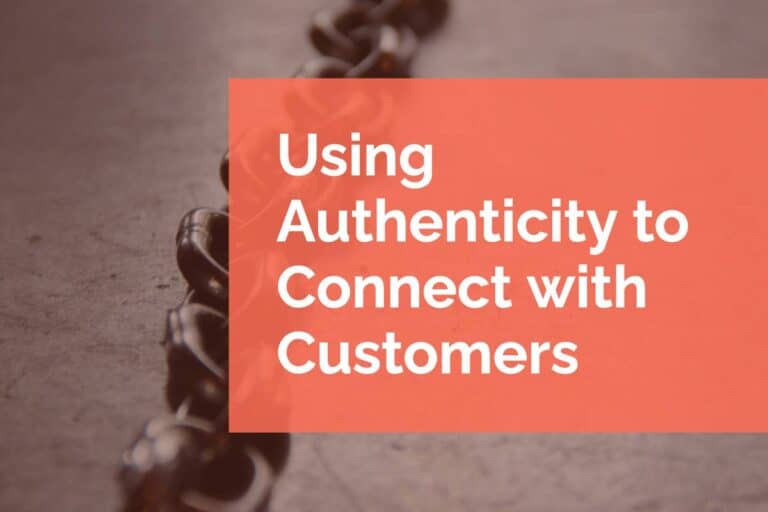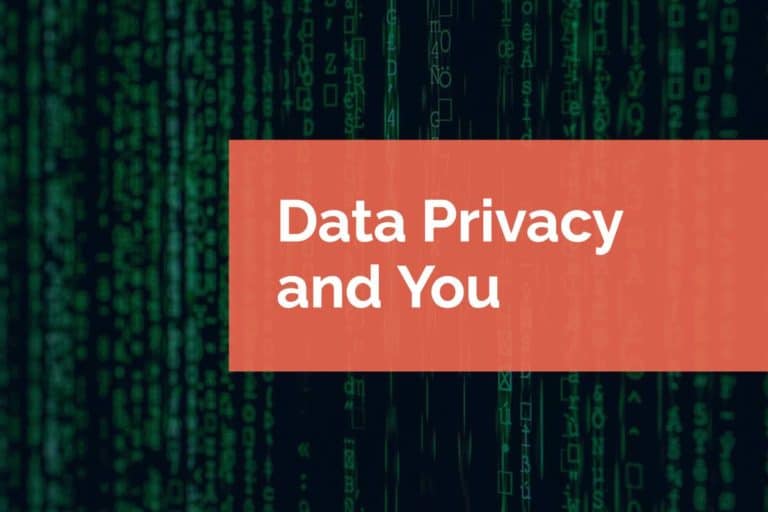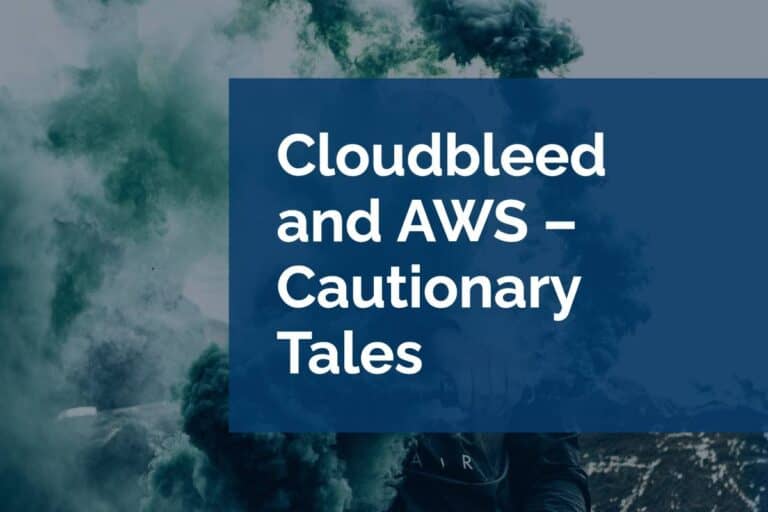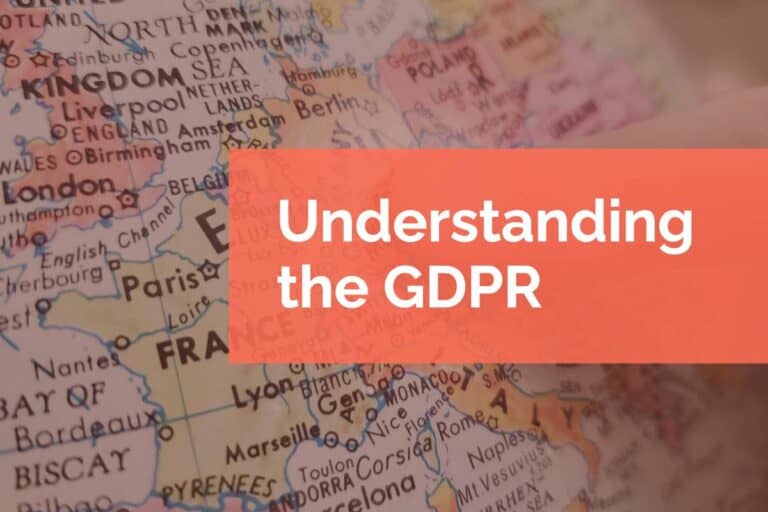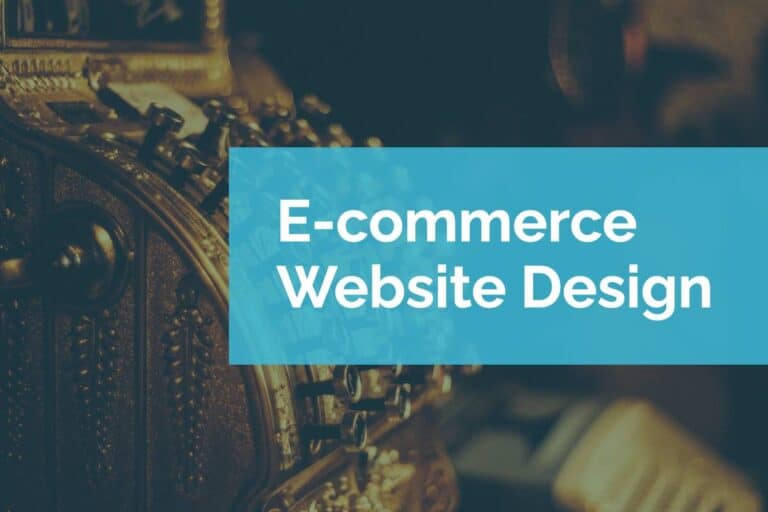Building an Ecommerce Website – First Steps
You’re just getting started on a new ecommerce website. You probably have a million questions. Most of them are likely related to the technology that’s going to power the website because that’s the area where you have the most questions and concerns. We often hear, “which shopping cart is the best?” A better question is, “which shopping cart is the best for my project?” Each project is different, and while knowing what shopping cart you’re going to use is important, answering some of the basic questions can help define your direction.
What Are You Selling?
Identifying the product or service that you are selling seems like an obvious step. However, knowing what is being sold helps make a lot of decisions. If you’re selling a service, tax may not be an issue for you. If your product is digital only, there are shopping carts like Easy Digital Downloads that are more tailored to those needs. Knowing how many items you need to include on your online store also gives some insight into what solution is best for you. If you only have one or two items, then a full blown cart plugin may be more than you need. A simple Gravity Forms powered cart may be the perfect solution. When you have a physical inventory you have to think about storage, inventory, sales tax, and shipping. If you have a physical location in addition to your online store you’ll need to think about managing your inventory between both sales channels and consider if a point of sale solution is for you. For these more complex sites WooCommerce may be the solution for you.
How Do You Want to Ship?
Shipping is one of the most difficult aspects of an ecommerce website to sort out. You know that you have a physical product and need to get it to your customers. You want to make this easy for both yourself and your customers. If you’re lucky, your product is consistent in size and weight which will make the calculation easier. However, will you ship internationally? Will you ship multiple items in one package? Is shipping going to be free? Will you allow local purchasers to pick up their items? You’ll find that most modern shopping carts for physical goods have rate calculators for common shipping services like FedEx, UPS, DHL, and the USPS. But we find, the more complex that you make your shipping decisions, the more complex your overall project will become.
Sales Tax?
In the United States sales tax can vary not only from state to state but also from city to city. Making sure that you are charging the right amount of tax is very important and you want to make sure that you can easily generate reports of the tax collected for tax time. There are services that can help you manage these like the one from TaxJar.
Integrations with Your Ecommerce Website?
You may have accounting software, CRM services, or other software packages that need to integrate with your ecommerce website. You want to be sure that these integrations are going to happen without too much customization. Similar to shipping options, the more integrations you need for the site, the more complex the project can become.
Is There a Deadline?
Knowing what your timeline looks like can also be a major factor in the decision-making process. If you need to have a store online in two weeks then you’re going to need to be much more flexible with your shipping, integrations, and any customizations you may want on the site.
What is Your Budget?
Knowing and being able to communicate your budget is important for every website project and even more so for an ecommerce website. Many people think that if they mention their budget they’re weakening their negotiating position. We don’t find that to be the case. When we build a site we build with the client’s budget in mind. If your budget really is limitless then you should be basing that budget on some percentage of your estimated earnings. Another budget reality is that you’re going to want to plan for a monthly maintenance fee. This will be continued tweaks and optimizations, analytics, security monitoring, backups, and software updates. When you are using your website to run your business performing these functions becomes critical.
What Are Your Plans for Expansion?
You already looked at how many items you’re currently selling on your site. How many more are you going to add in the next one to three years? You need to make sure that the cart you choose has room for growth. Beyond looking at the quantity for sale, you want to be sure that the growth doesn’t require a whole new set of shipping, taxation, or integration solutions. Lastly, your hosting plays a key role in the optimization of your ecommerce website. The hosting you choose needs to be flexible enough for your growth plans as well. WP Engine has a number of resources to help you dig further into the nitty gritty of building an ecommerce site for success. We’re always willing to provide some web consulting if you need a hand.
Please note: Links to external companies may be affiliate links. If you use our links, we may earn a small commission.
